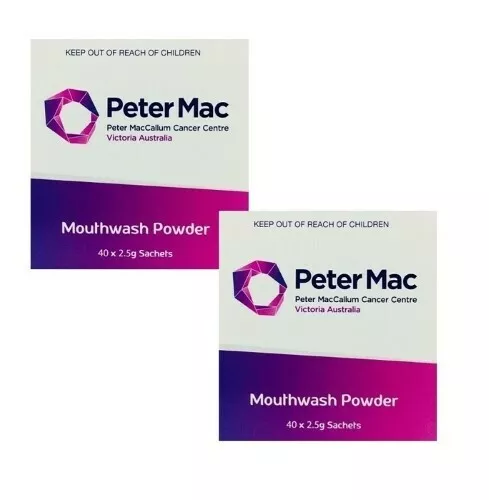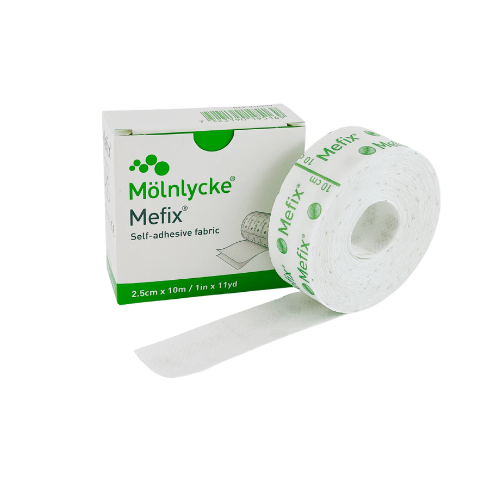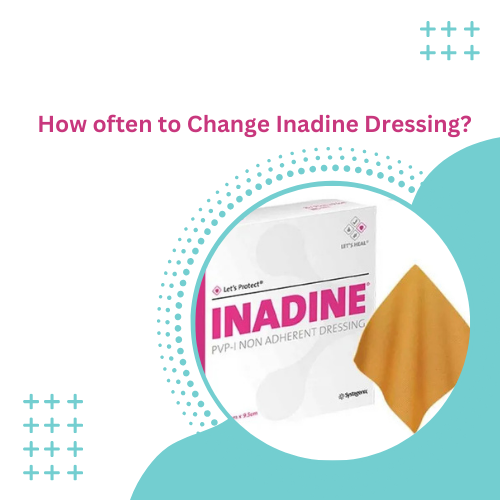Peter Mac mouthwash is an essential product designed specifically to address the unique oral health needs of cancer patients undergoing treatments like chemotherapy and radiation therapy. These treatments can often lead to oral complications such as mouth sores, dry mouth (xerostomia), and infections, which can be painful and interfere with a patient’s ability to eat, drink, and speak comfortably. Peter Mac mouthwash, developed by the Peter MacCallum Cancer Centre, aims to provide relief from these symptoms and help maintain good oral hygiene during treatment.
Do you Need to Use Mouthwash?
Using mouthwash can be a beneficial addition to your oral hygiene routine, but it isn’t strictly necessary for everyone. Whether or not you need to use mouthwash depends on your specific oral health needs, preferences, and the advice of your dentist. Here’s a look at when and why you might want to consider using mouthwash, as well as when it may not be essential:
When Mouthwash Can Be Beneficial
1. Fighting Bad Breath
Mouthwash can help freshen breath by killing bacteria that cause bad odors. If you suffer from persistent bad breath (halitosis), using an antibacterial mouthwash can reduce the buildup of bacteria in your mouth, providing a temporary solution.
2. Reducing Plaque and Gingivitis
Certain mouthwashes contain ingredients like chlorhexidine or essential oils that help fight plaque and gingivitis (early gum disease). If your dentist has diagnosed you with gingivitis or you have a higher risk of gum disease, using a therapeutic mouthwash can help in managing the condition.
3. Preventing Cavities
Fluoride mouthwashes can help strengthen tooth enamel, making them more resistant to decay. If you are prone to cavities or have weak enamel, a fluoride mouthwash can add an extra layer of protection against tooth decay.
4. Managing Dry Mouth
Some mouthwashes are designed specifically for people with dry mouth (xerostomia). These formulas help moisten the mouth and soothe the discomfort caused by insufficient saliva production.
5. Post-Surgery or Dental Procedures
After certain dental surgeries or procedures, your dentist may recommend using an antibacterial mouthwash to help keep the area clean and reduce the risk of infection while healing.
6. Supporting Brushing and Flossing
While mouthwash is not a substitute for brushing and flossing, it can help reach areas that your toothbrush or floss may miss, such as between the teeth and along the gum line.
When Mouthwash May Not Be Necessary
1. If You Have Excellent Oral Hygiene
If you are already maintaining good oral hygiene through regular brushing, flossing, and dental check-ups, you may not need mouthwash. Brushing twice a day with fluoride toothpaste and flossing daily are usually enough to keep your teeth and gums healthy.
2. Overuse of Mouthwash
Overusing mouthwash, especially ones containing alcohol, can sometimes cause problems like dry mouth or irritation. In some cases, it may disturb the balance of healthy bacteria in your mouth, which can be counterproductive.
3. Sensitive Teeth and Gums
Some mouthwashes, particularly those with alcohol or strong ingredients, may cause stinging or irritation if you have sensitive teeth or gums. In these cases, it’s better to use an alcohol-free mouthwash or consult with your dentist for alternatives.
Choosing the Right Mouthwash
If you decide to use mouthwash, it’s important to choose one that suits your specific needs:
– Fluoride Mouthwash: Great for preventing cavities and strengthening enamel.
– Antibacterial Mouthwash: Helps with bad breath, plaque, and gingivitis.
– Alcohol-Free Mouthwash: Ideal for those with dry mouth or sensitive gums.
– Therapeutic Mouthwash: Recommended for gum disease or specific dental conditions, typically prescribed by a dentist.
Mouthwash can be a helpful addition to your oral care routine, especially if you are dealing with specific issues like bad breath, plaque buildup, or gum disease. However, it is not an essential component for everyone. For most people, regular brushing, flossing, and dental check-ups are sufficient for maintaining good oral health.
If you’re unsure whether you need to use mouthwash or which type to use, it’s best to consult with your dentist. They can provide guidance based on your individual oral health needs.
Why Is Oral Care Important for Cancer Patients?
Cancer treatments, particularly those involving the head and neck, can lead to a variety of oral side effects, which are not only uncomfortable but can also impact the overall treatment process. Common oral side effects include:
– Mucositis: Inflammation and sores in the mouth.
– Xerostomia (dry mouth): Reduced saliva production leading to discomfort and difficulty swallowing.
– Oral infections: A weakened immune system can make patients more susceptible to infections.
– Taste changes: Altered taste sensation is common during treatment.
If left untreated, these conditions can lead to more severe complications, including weight loss due to difficulty eating, dehydration, and the potential need to interrupt or delay cancer treatments. Therefore, maintaining proper oral hygiene is a crucial aspect of supportive care for cancer patients.
How Does Peter Mac Mouthwash Help?
Peter Mac mouthwash is formulated to provide soothing relief from the oral discomfort caused by cancer treatments. It serves several key purposes:
1. Soothe Mouth Sores and Mucositis
The mouthwash helps to reduce inflammation and pain associated with mucositis, making it easier for patients to eat and drink. The ingredients in the mouthwash are gentle yet effective at minimizing irritation in the delicate tissues of the mouth.
2. Moisturize Dry Mouth
Xerostomia, or dry mouth, can be a distressing side effect of cancer treatment. Peter Mac mouthwash contains ingredients that help stimulate saliva production, providing much-needed moisture and comfort to patients dealing with a dry mouth.
3. Prevent Oral Infections
Cancer patients are often at higher risk of developing oral infections due to a weakened immune system. The mouthwash contains antiseptic properties that help reduce bacterial buildup in the mouth, lowering the risk of infection.
4. Maintain Oral Hygiene
Regular use of Peter Mac mouthwash supports good oral hygiene, which is vital for cancer patients who may struggle with brushing and flossing due to oral sensitivity. It helps keep the mouth clean and fresh, reducing the risk of complications.
How to Use Peter Mac Mouthwash?
The mouthwash is typically used 3-4 times a day, or as directed by a healthcare professional. Patients should follow these steps:
1. Measure the recommended amount of mouthwash (usually about 15-20 ml).
2. Swish it around the mouth for about 30 seconds, ensuring it reaches all areas of the mouth.
3. Spit it out; do not swallow.
4. Avoid eating or drinking for 30 minutes after using the mouthwash to allow its protective effects to work.
Who Can Benefit from Peter Mac Mouthwash?
Peter Mac mouthwash is particularly beneficial for patients undergoing:
– Chemotherapy: Chemotherapy can lead to mucositis and dry mouth, making oral care products like Peter Mac mouthwash essential for comfort and hygiene.
– Radiation Therapy: Patients receiving radiation to the head and neck are prone to more severe oral complications, and this mouthwash can help alleviate symptoms.
– Bone Marrow Transplants: For patients undergoing stem cell or bone marrow transplants, good oral care is critical in preventing infections and managing mucositis.
It’s also useful for those who have difficulty maintaining oral hygiene due to cancer treatment-related fatigue or oral discomfort.
Conclusion
Peter Mac mouthwash is a thoughtfully designed product that plays a crucial role in the supportive care of cancer patients. By helping to soothe mouth sores, relieve dry mouth, prevent infections, and promote oral hygiene, it can significantly improve a patient’s quality of life during cancer treatment. If you or a loved one is undergoing treatment, be sure to consult with your healthcare team about incorporating Peter Mac mouthwash into your oral care routine.
With regular use, this mouthwash can provide much-needed relief, allowing patients to focus on their recovery without the added burden of oral discomfort.




